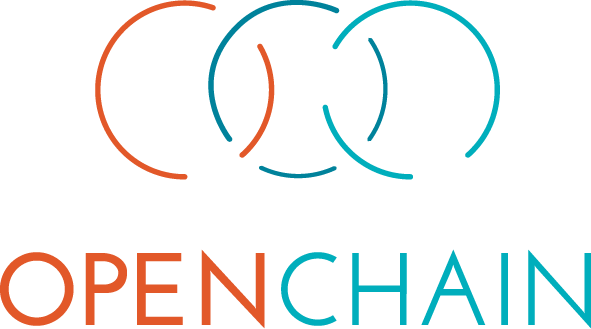
Korea Telecom (KT), South Korea’s largest telecommunications operator, has announced an OpenChain ISO/IEC 5230 Conformant Program. With 50,000 employees group-wide, KT has a long history in open source engagement, and has operated a dedicated team for its management since 2012.
KT operates a significant amount of automation for open source process management, and has pioneered solutions like K-COMPASS for open source project registration, review, verification and usage. It maintains courses in its own training system call Genius to help ensure new employees and developers understand their role in promoting excellence around open source.
KT’s decision to adopt ISO/IEC 5230 was based on a strategic interest in aligning with international standards for managing the supply chain. In a year-long process adjustment, the open source team ensured that all operational activities were not disrupted, but all aspects of the KT open source program matched the requirements outlined in the International Standard for open source license compliance.
“Today’s announcement marks an important milestone not only for the Korean supply chain but also the global management of open source in the telecommunications industry,” says Shane Coughlan, OpenChain General Manager. “With companies like Ericsson and Nokia chairing the OpenChain Board and our Telco Work Group respectively, it has long been clear that our approach to standardization resonates in this market vertical. However, major conformance announcements like this as a clear lighthouse indicating the path to the future of the supply chain. I want to commend the team involved, and also to thank them for far more than announced today. KT has been part of the OpenChain community for a while, and hosted one of our workgroups in 2019 at their KT DS Seoul headquarters. They have a clear understanding of how this community works, and how it drives business value through collaboration.”






